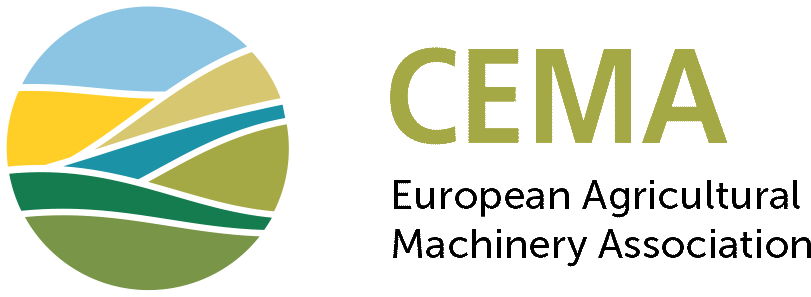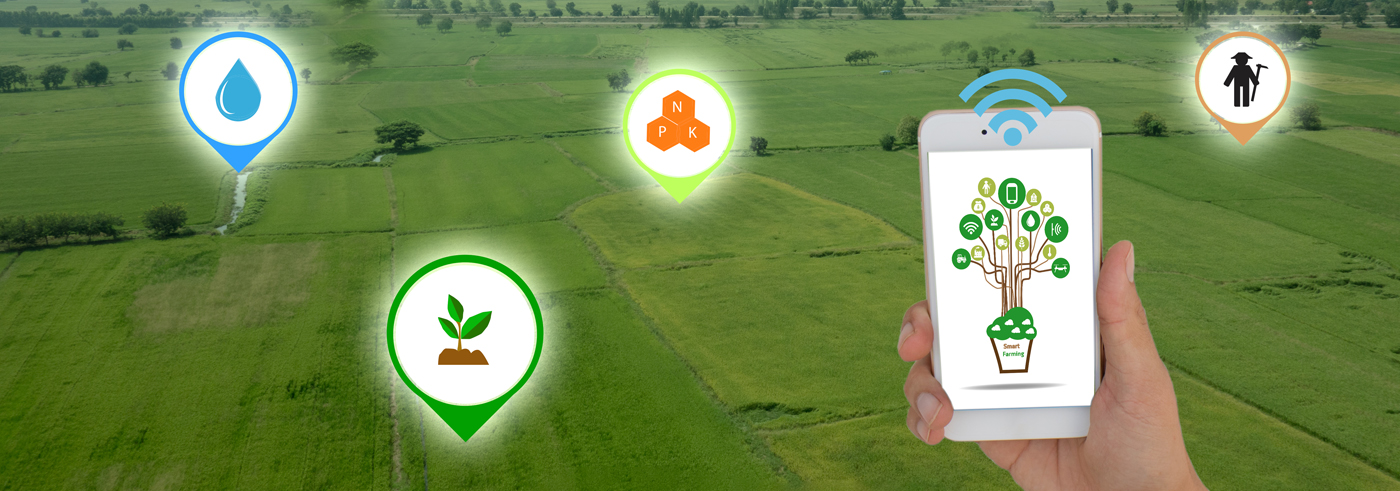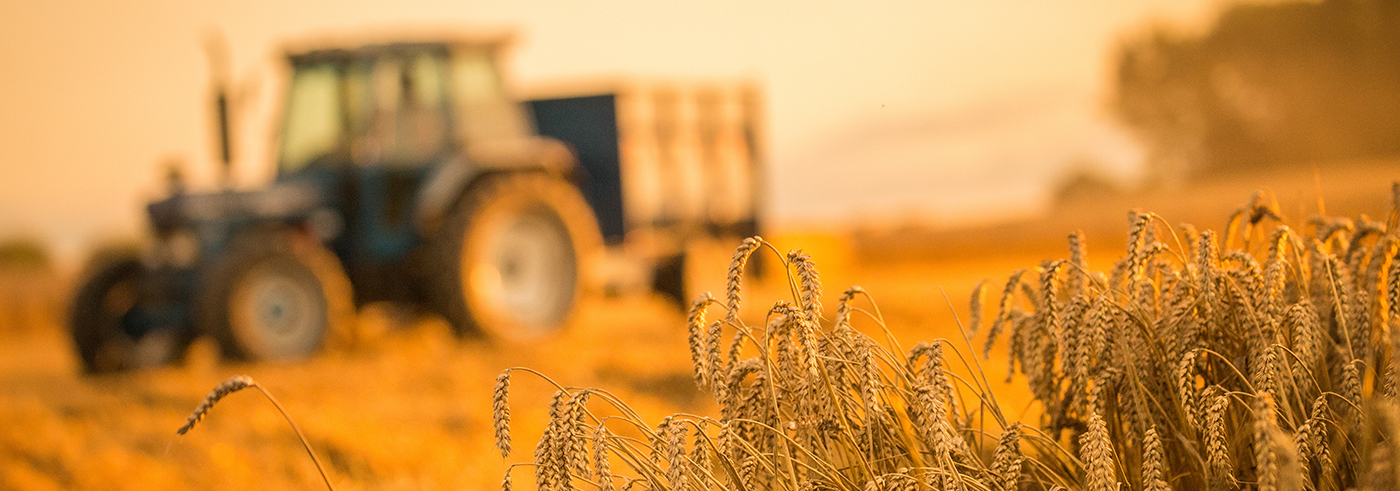
The project officially finished, but the promotion of Innovative Spraying Equipment, Training and Advising continues
After 3 years of work, the INNOSETA Project has concluded on 31st October 2021. Developed under Horizon 2020, INNOSETA had the objective to establish a self-sustaining and innovative Thematic Network on crop protection and the sustainable use of plant protection products (Spraying Equipment, Training and Advising – SETAs) to close the gap between new developments resulting from the numerous projects European research, and the use and exploitation by the end user, the farmer.
Project partners, together with representatives of the European Parliament, European Commission and Agricultural Machinery Industry met on 26th and 27th of October in Brussels to discuss the achievements of the INNOSETA project. On the first day, aiming to close the gap between research and farmers, the discussion focused on the technical aspects of the project and the practical, innovative outcomes in favor of the farming community. Participants highlighted outcomes of the Regional and Transnational workshops as well as the project Platform, a freely accessible repository of innovative spraying technology, training material, projects and papers tailored to the needs of the spraying community, considered as main and most valuable achievements of the project. During the panel discussion moderated by David Nuyttens (ILVO), representatives of Farmers (COPA COGECA), agricultural machinery industry manufacturers (CEMA), crop protection industry (CropLife Europe) and European Commission (DG AGRI and SANTE) exchanged positions on the general contribution of INNOSETA towards the sustainable use of Plant Protection Products. CEMA was represented by Dr. Peter Hloben, chair of its expert group on crop spraying equipment.
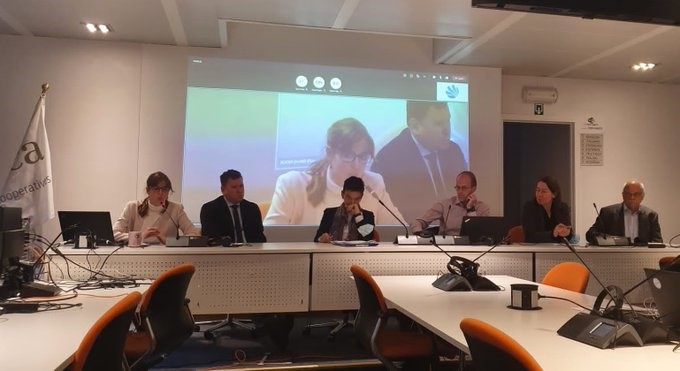
As highlighted by Dr. Hloben, the main added value of the INNOSETA project, particularly having INNOSETA Platform in mind, is the transfer of the knowledge from the researches to the farmers as well as bringing the important topic to be discussed on the EU level e.g. EU harmonization of the requirements for spraying technologies which seems not to be very effective at this moment.
In case you missed the event, you can find the full recording on INNOSETA YouTube channel.
During the second day, participants discussed policy issues identified by INNOSETA. The main focus was on training, dissemination of innovations and good practices, and risk mitigation measures. During the panel discussion moderated by Prof. Paolo Balsari (UNITO), representatives of CEMA, CropLife Europe and project Coordinator prof. Emilio Gil (UPC) exchanged views on the policy framework and future opportunities to enhance the uptake of innovative spraying equipment, thus contributing to Greener agriculture. CEMA was represented by Dr. Ivo Hostens, CEMA Technical Director.
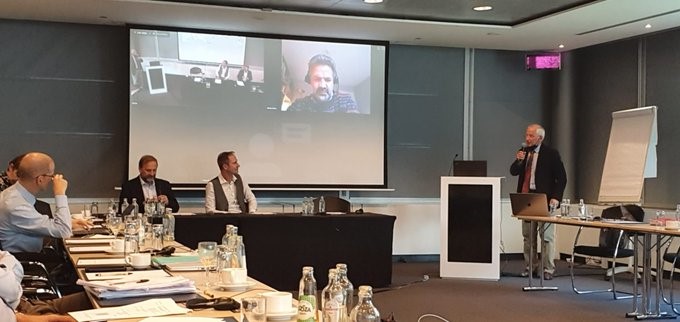
Dr. Hostens underlined that spraying innovations collected and presented on the European level, but also worldwide, are an important added value of the INNOSETA project. On the contrary, it is necessary to have a clear strategy on the future of the digital tool developed within the INNOSETA (the INNOSETA. Platform). As for many other European projects, support from the EC will be key for the Platform to stay fully operational and serve users long after such projects end.
In case you missed the event, you can find the full recording on INNOSETA YouTube channel.
The event was also the best opportunity to show INNOSETA’s latest video, which presents the project’s history, from the early stage and initial idea to the final and successful implementation. The video is available here.
CEMA takes the opportunity to thank all project partners for the years of successful cooperation. We also thank Ms. Ekaterina Ukhandeeva (FEDE Pulverizadores), Mr. Tom Bals (Micron Sprayers) and Jean-Christophe Rousseau (GAMA Technologies) for kindly accepting CEMA invitation to join and actively participate in discussions during INNOSETA Final event.

This project has received funding from the European Union’s Horizon 2020 research and innovation programme under grant agreement no. 773864
